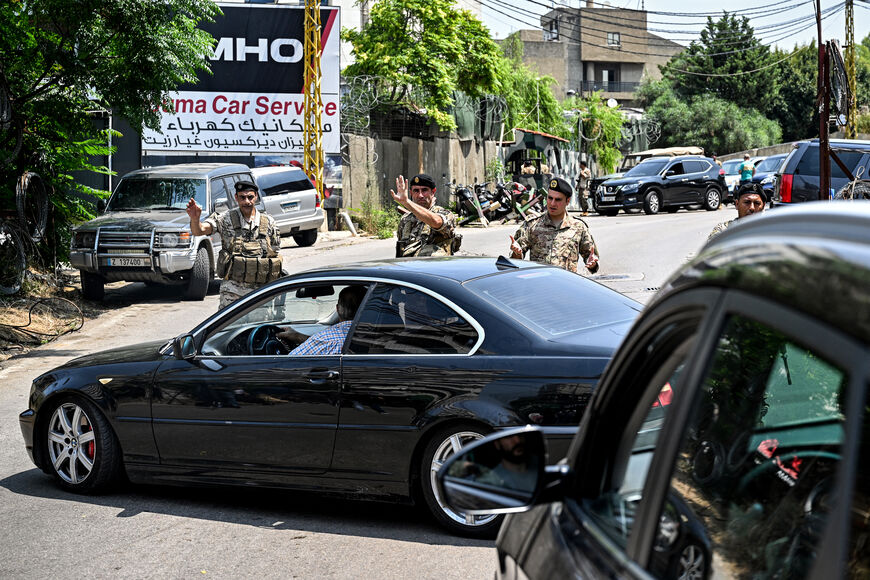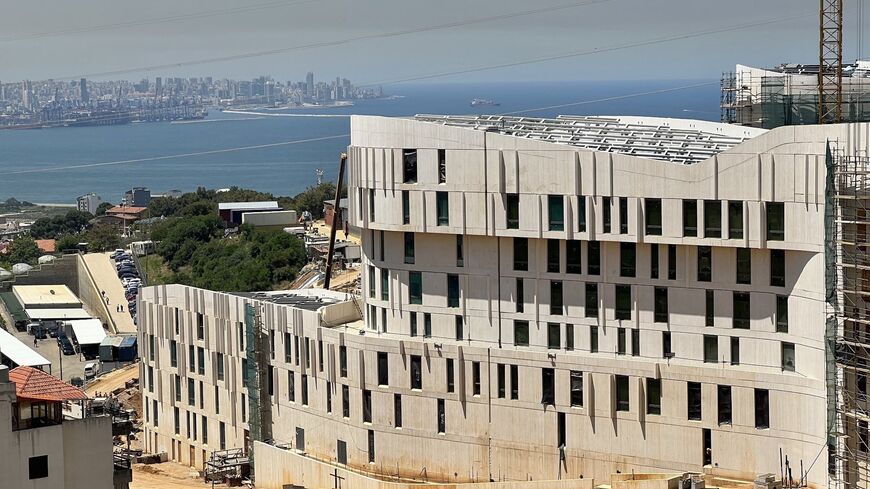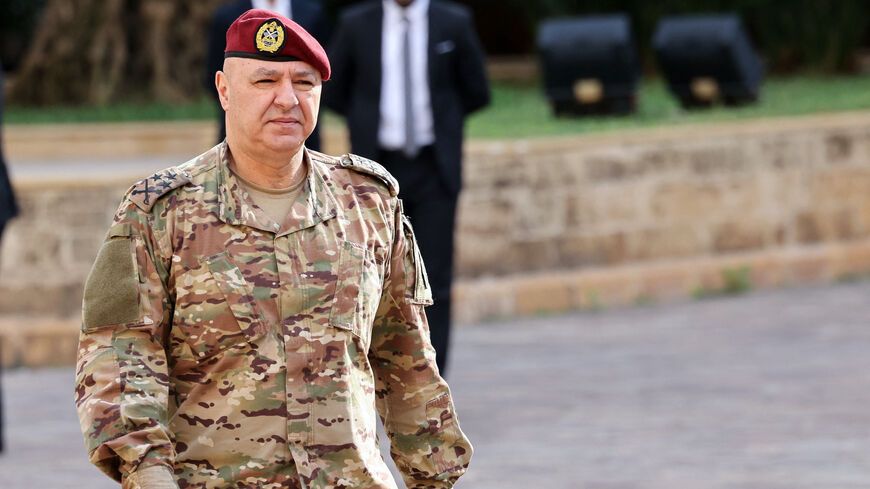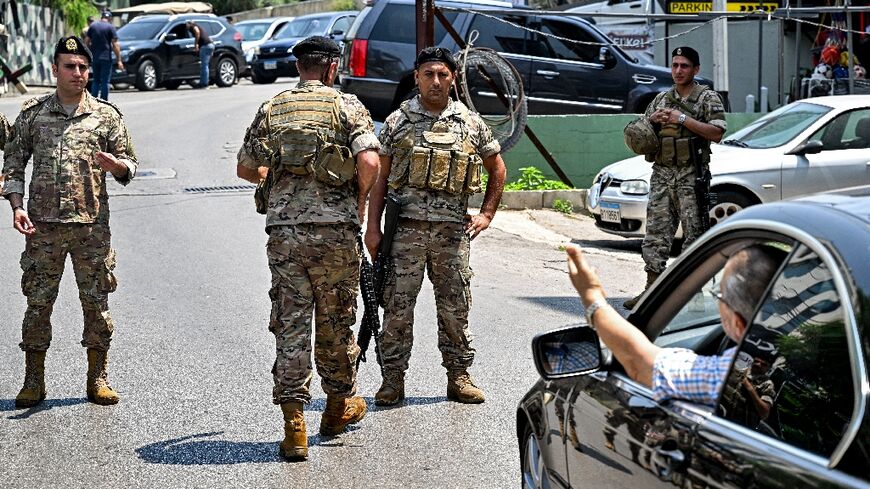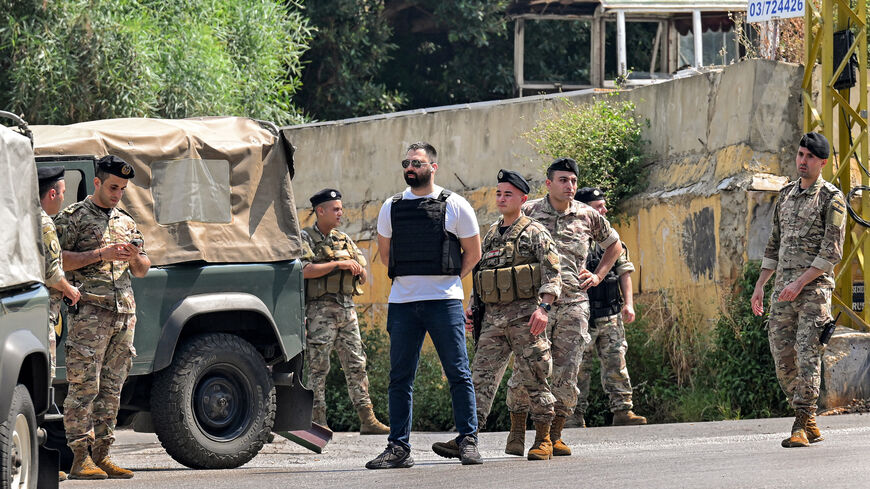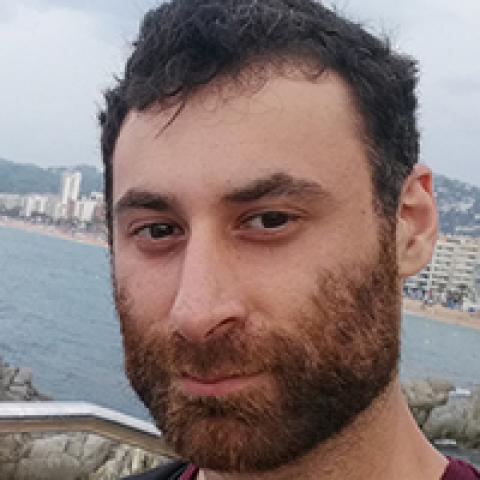Attack on US Embassy in Lebanon, Syrian gunman wounded
Investigations are ongoing into the shooting incident, which comes amid intensified cross-border fighting between Hezbollah and Israel.
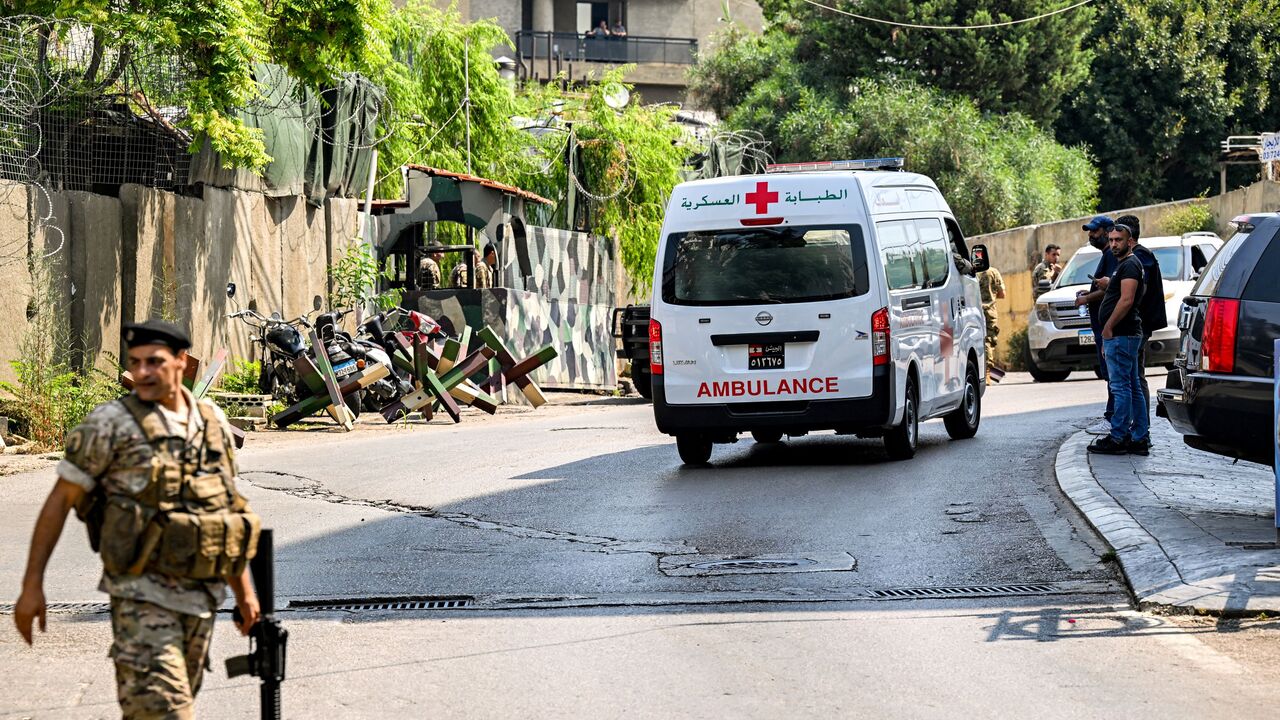
BEIRUT — The US Embassy in Lebanon came under an armed attack on Wednesday amid growing tensions in the country as cross-border fighting between Hezbollah and the Israeli army continues to escalate.
The US Embassy located in the town of Awkar, north of Beirut in the Metn district, confirmed the attack.
“At 8:34 a.m. local time, small arms fire was reported in the vicinity of the entrance to the US Embassy,” it posted on X. “Thanks to the quick reaction of the [Lebanese Armed Forces], [Internal Security Forces], and our Embassy security team, our facility and our team are safe.”
“Investigations are underway and we are in close contact with host country law enforcement,” the embassy added.
The Lebanese army said in a brief statement that its forces responded to the source of the fire and shot the assailant, who it said is a Syrian national. The man was wounded and taken to a hospital.
The local LBCI channel, citing its own sources, said three assailants were behind the attack. One of the gunmen was shot dead and another was injured and arrested by the army, while search operations are ongoing for the third assailant who fled the scene.
An embassy guard was wounded in the shooting, according to local reports.
The Syrian attacker was identified as Kais Farraj, sources told Al-Arabiya. LBCI corroborated his identity, saying that Farraj is registered with the UN refugee agency.
According to the local Elnashra news outlet, Lebanese State Security forces, in coordination with the military intelligence, arrested the brother of the attacker during a raid in the village of Majdal Anjar in the Bekaa region in eastern Lebanon.
Lebanese authorities also arrested Sheikh Malek Geha, a cleric and imam at Abu Bakr al-Siddiq Mosque in Majdal Anjar. Farraj was reportedly receiving religious teachings from the cleric.
Lebanese armed forces deployed and erected checkpoints in Majdal Anjar, arresting several Syrian and Lebanese nationals suspected of being involved in the shooting attack.
Photos of one of the assailants who was shot near the embassy were widely circulated by local media. They show the assailant wearing a black vest with the words “Islamic State” written in Arabic and the English initials “I” and “S.”
The extremist Islamic State group has not commented on the attack as of yet.
A Lebanese judicial official told AFP later on Wednesday that the assailant said he carried out the attack "in support of Gaza".
The shooter's brother, who lives in Lebanon's Bekaa valley in the country's east, was also detained, the official added.
In a separate statement, the embassy said it would remain closed to the public for the rest of the day "but plans to be open for general business as usual" on Thursday.
State Department spokesperson Matthew Miller told reporters on Wednesday that Washington is in contact with authorities in Beirut as they investigate the shooting.
“In terms of embassy security, the embassy was secured immediately. We achieved full accountability of all official US citizens and all locally employed staff, and the embassy closed today following the incident but plans to be open for business as usual tomorrow,” Miller said.
Asked about any ISIS affiliation with the assailants, Miller said that the United States is “aware that the individual who was arrested was wearing what appeared to be ISIS insignia, but we are conducting a full investigation with the Lebanese authorities into the actual motivations.”
Shortly after the attack, the US Embassy in Beirut issued a security alert calling on American citizens in Lebanon to avoid travel to the Lebanese-Syrian border and near Syrian refugee camps, as well as the border area with Israel.
“In all parts of Lebanon, you should avoid demonstrations and exercise caution if in the vicinity of any large gatherings or protests,” it added.
Security incidents against the heavily fortified embassy compound in the Metn district have been rare in recent years, unlike during the Lebanese civil war (1975–1990), when extremist groups launched frequent attacks on US-connected entities amid the deteriorating security and mounting sectarian tensions between Muslims and Christians.
After a car bomb attack in April 1983 killed 63 people near the US Embassy, at the time located in West Beirut, the United States relocated the embassy to Awkar, in the Christian-majority Metn district.
However, more incidents have taken place in the vicinity of the embassy amid rising regional tensions.
In October 2023, just a few days after the war in Gaza erupted, hundreds of angry protesters waving Palestinian flags headed toward the embassy for a “day of rage” called for by the Iran-backed Hezbollah group in a show of solidarity with the Palestinians.
Clashes erupted between the protesters and security forces, who used tear gas and water cannons to disperse the crowds.
In September 2023, security forces detained a Lebanese man who opened fire at the US Embassy. No casualties were reported and it remains unclear if the attack was politically motivated.
Hezbollah began firing rockets and drones at northern Israel one day after Hamas launched its surprise cross-border assault on southern Israel Oct. 7.
Since then, the cross-border hostilities have escalated with Hezbollah and the Israeli army striking deeper into their respective territories, raising fears of an all-out war in Lebanon.
Wednesday’s shooting comes amid an uptick in attacks carried out by Syrian nationals in Lebanon. In April, a Syrian gang kidnapped and killed a senior official in one of the country’s largest Christian political parties.
Pascal Sleiman, coordinator for the Lebanese Forces in the Jbeil (Byblos) district 24 miles northeast of Beirut, was taken from his car by four armed men April 7. His body was later found across the Lebanese border in Syria.
Lebanon, a small country of slightly more than 5 million people, hosts some 1.5 million Syrian refugees, according to government estimates. Only 815,000 of them are registered with the UN refugee agency.
Tensions between the local population and displaced Syrians has also escalated and many refugees face regular discrimination.
This developing story has been updated since initial publication.

